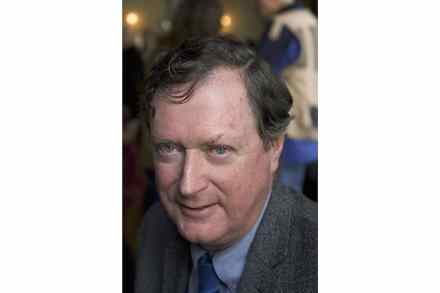Colson Whitehead celebrates old Harlem in a hardboiled thriller that’s also a morality tale
For modern America, Harlem is a once maligned, now much vaunted literary totem, which continues to occupy a gargantuan place both in the psychogeography of New York and the soul of the nation. Langston Hughes, Claude McKay, Zora Neale Hurston, Nella Larsen, James Baldwin and Chester Himes are just a few of the writers whose names are associated with the 50-odd blocks heading uptown from 110th Street at the northern end of Manhattan. Their echoes, traces and spirits can all be discerned in Colson Whitehead’s outstanding new novel Harlem Shuffle — a genre-defying blast from a bygone era, set between 1959 and 1964, yet one which urgently speaks to the





















